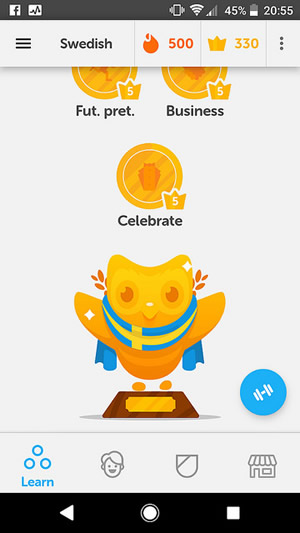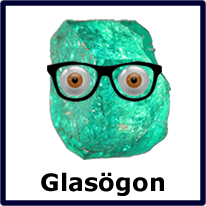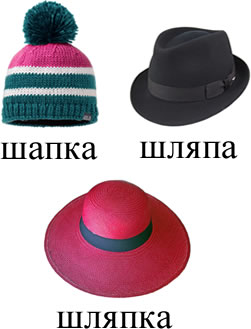
Today my streak on Duolingo reached 500 days. Before then I had a 96 day streak, but lost that one day when I didn’t quite get enough points. So for the past 596 days I have studied a bit of various languages every day. This is the longest continuous period of study I’ve managed, and I plan to maintain it for as long as possible.
Back in early 2017 I started studying Swedish and Russian on Duolingo. Later I added Romanian to the mix, and this year I added Danish and Esperanto. I’ve finished all the Swedish and Russian lessons, and am continuing to study them on Memrise. I decided to take a break from the Romanian last year, and am currently working on Danish and Esperanto. When I finish them I may add other languages I want to improve, such as Spanish, Italian, Portuguese and German.
I can’t say that I’ve become fluent in any of these languages, but my knowledge of them certainly has improved. I’ve made more progress with Swedish and Danish than with Russian or Romanian, which I find more challenging.
On Memrise I’m currently studying Swedish, Danish, Russian and Cornish, and have learnt bits of Icelandic, Slovak and Slovenian over the past year or so. I may start Slovak again in preparation for the Polyglot Gathering in Bratislava next year.
What’s your longest streak on Duolingo, or other language learning apps?
What do you think of this aspect of such apps?




